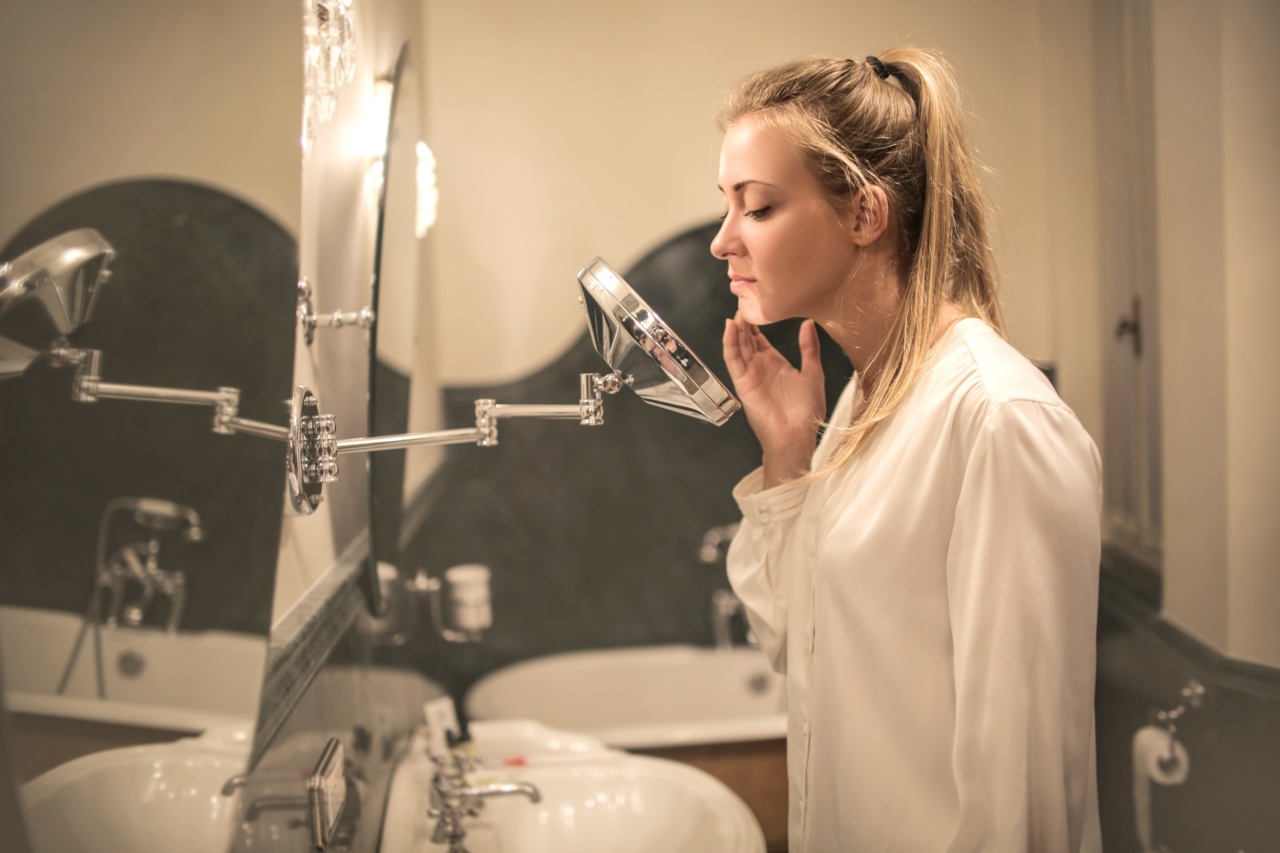Acne is a common skin condition that affects people of all ages. Often misunderstood, there are many myths and misconceptions surrounding acne.
In this article, we will answer five common questions about acne to help you better understand this skin condition.
1. What Causes Acne?
Acne is caused by a combination of factors, including excess oil production, clogged pores, bacteria, and inflammation. Hormones can also play a role in the development of acne.
When the body produces excess androgens, it can cause the sebaceous glands to produce more oil, leading to acne flare-ups.
2. Does Diet Affect Acne?
The relationship between diet and acne is still uncertain. Some studies have suggested that a diet high in sugar and processed foods may exacerbate acne, while a diet rich in fruits, vegetables, and whole grains may help improve acne.
However, more research is needed to determine the exact impact of diet on acne.
3. Can Stress Cause Acne?
Stress can exacerbate acne. When the body is under stress, it produces cortisol, a hormone that can increase oil production and inflammation, which can lead to acne flare-ups.
Additionally, stress can lead to unhealthy behaviors, such as poor diet and lack of sleep, which can also contribute to acne.
4. Should I Pop My Pimples?
No, you should never pop your pimples. Popping pimples can cause the bacteria to spread, worsen inflammation, and cause scarring. Additionally, popping pimples can lead to the development of more pimples in the same area.
5. How Can I Treat Acne?
There are several ways to treat acne, including over-the-counter topical treatments, prescription medications, and lifestyle changes. Topical treatments, such as benzoyl peroxide and salicylic acid, can help unclog pores and reduce inflammation.
Prescription medications, such as antibiotics and retinoids, can also be effective in treating acne. Lifestyle changes, such as maintaining a healthy diet, getting enough sleep, and reducing stress, can also help improve acne.
By understanding the causes of acne and how to treat it, you can take steps to improve your skin and reduce acne breakouts. If you are struggling with acne, consult with a dermatologist for personalized advice and treatment options.




























